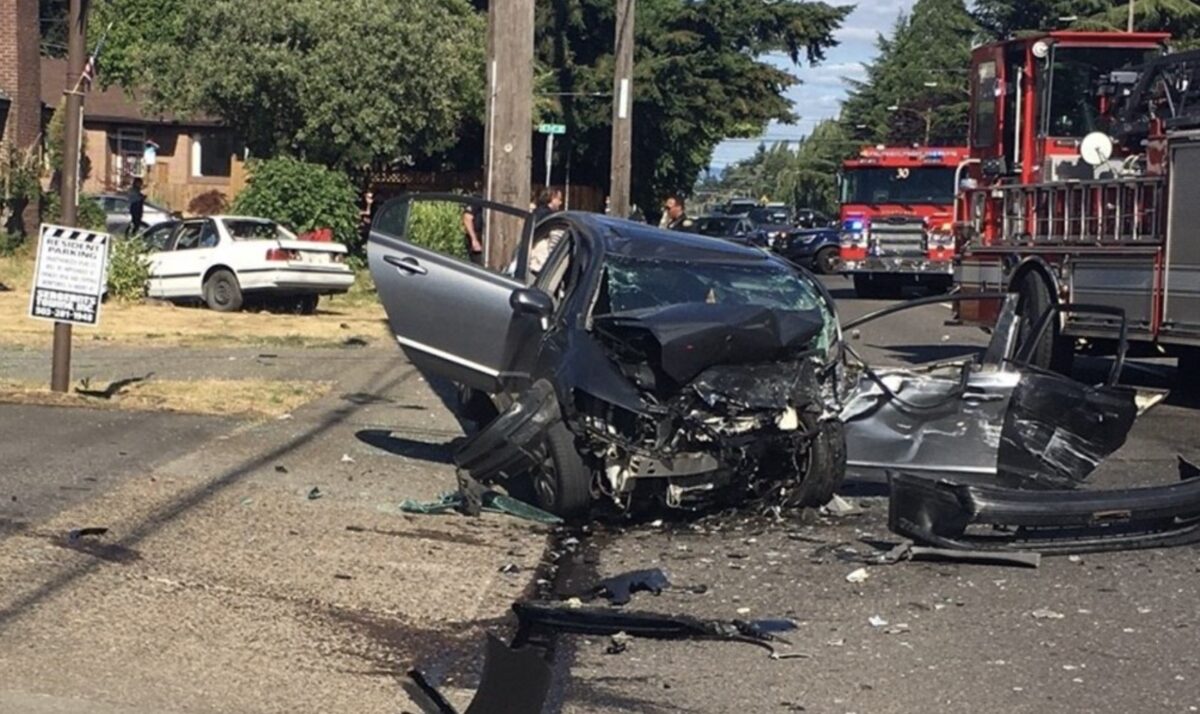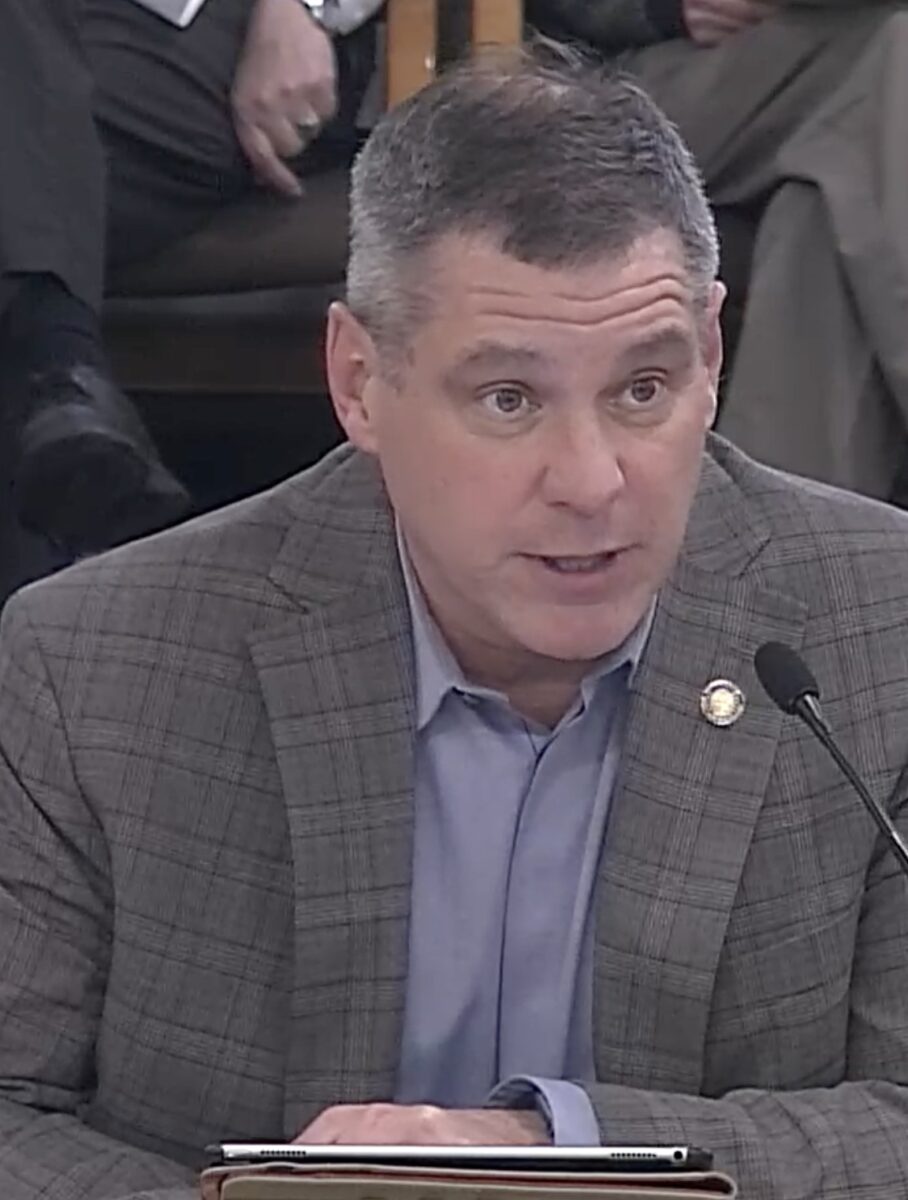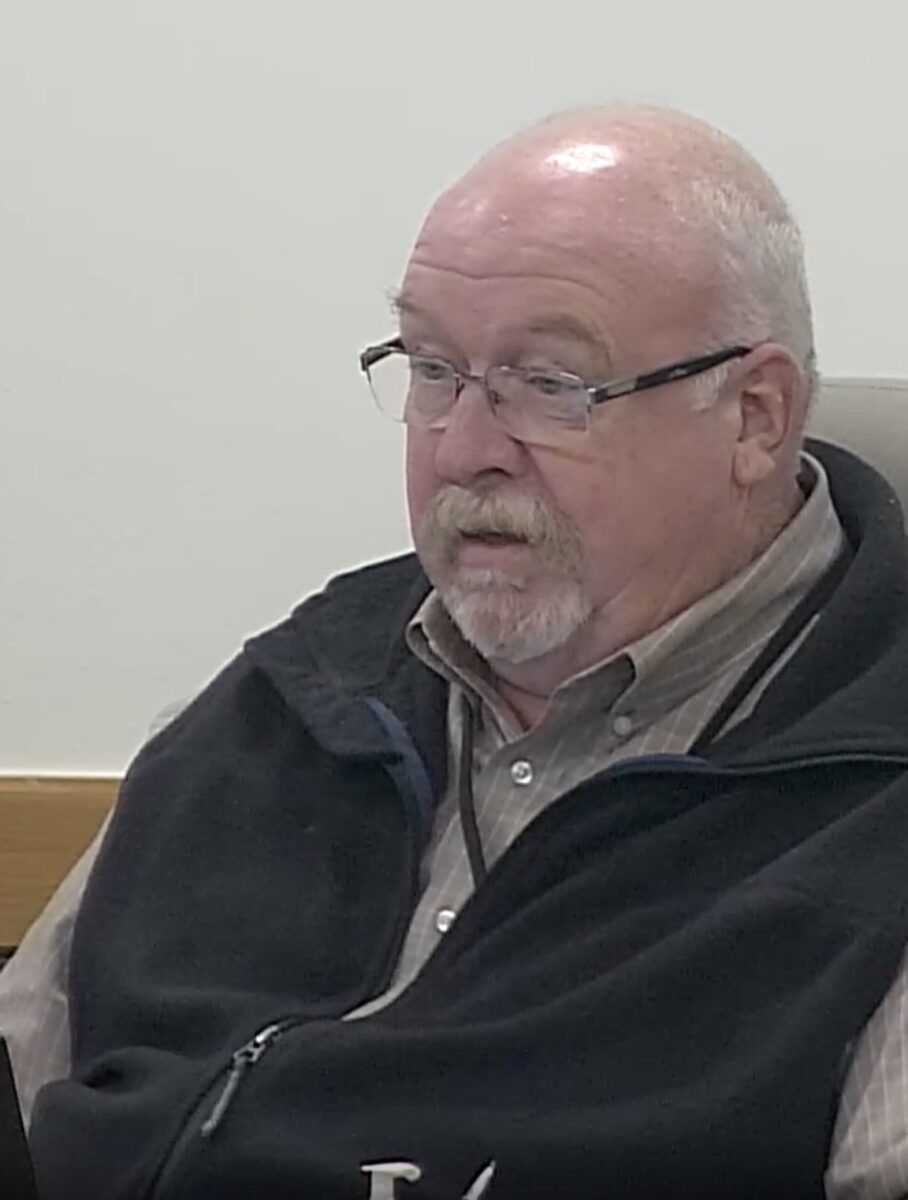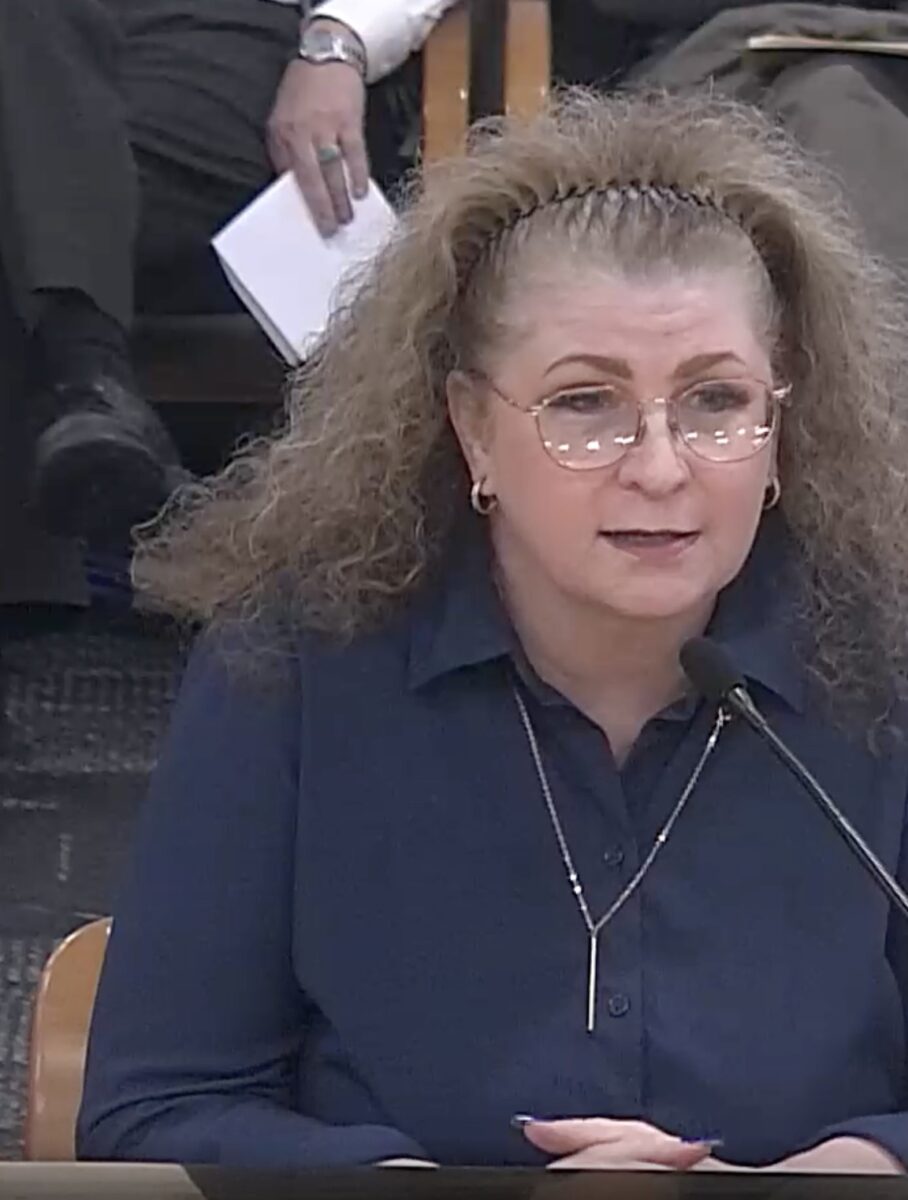“Behaviors and are not accidents. You cannot prevent an accident. You can prevent a crash.”
Jeff Helfrich, Oregon House Rep
As a Portland Police Bureau sergeant for 25 years, Jeff Helfrich has responded to hundreds of traffic collisions. He has seen first-hand the tragic consequences of the choices people make when they drive. Now as a member of the Oregon House of Representatives, he wants to pass a law that would help Oregonians take more responsibility for their actions — and more importantly, to the conditions that lead up to them.
Rep. Helfrich (R-52) is the chief sponsor behind House Bill 3347, that would strike every reference to “vehicle accident” in Oregon statute and replace it with “vehicle crash.” There are so many edits to make, the bill is 91 pages long.
At its first public hearing at the legislature Thursday, Helfrich testified in front of the Joint Committee on Transportation (which he’s also a member of). “This is a simple bill,” he said in his opening remarks. “Historically, the leading cause of traffic crashes that result in death or serious injury is speeding, followed by alcohol drug use, riding without a seatbelt or car seat, distracted driving, or a combination of these factors,” he continued. “The change from this bill reinforces that most crashes are due to preventable human behaviors. Behaviors and are not accidents. You cannot prevent an accident. You can prevent a crash.”
While Helfrich wanted to frame this as a simple, technical fix. Two members of the committee weren’t so sure.
Representative Paul Evans (D-20) was first to question him. “Your dog runs out into the street. You can’t move. I don’t know that that’s violence [referring to an earlier comment from committee member Rep. Khanh Pham who said, “I think it’s critical we rewrite our legislation to reflect that traffic violence isn’t just an inevitable accident”]. I think that’s an accident.”
“That is an unforeseen event,” Helfrich quickly replied. “But it’s still a crash. And who would be responsible for that would probably be the dog owner who was unable to secure their pet.”
Much of the discomfort from people who don’t think this change is necessary comes from an assumption that it’s based in assigning more blame to vehicle operators. Helfrich dispelled that idea. “This wouldn’t lay fault to somebody, but if a person was driving and the dog ran in front of them, we still know the crash happened, but it wasn’t their fault. Somebody else was responsible for that event.”
Cate Duke, who was there to represent Mothers Against Drunk Driving (MADD), also said the effort to change “accident” to “crash” isn’t about finding fault. “It simply changes that definition to be ‘two things collided.’ It takes out any reflection as to whose fault it is and leaves that up to the investigation.”
Another lawmaker, Senator Lynn Findley (R-30), felt the change isn’t necessary given the cost and labor it would take to enact. “It’s going to cost thousands of dollars and I just don’t get it,” he exclaimed. “I guess I’m a little too practical.”
Sen. Findley then posted a hypothetical: “You’re driving down the road. You hit a patch of ice and you slide off the road. It’s not an accident? It’s a crash?”
Rep. Helfrich seemed to enjoy the challenge. Through a wide grin he replied, “It’s preventable if it happens. Because if you’re driving too fast for conditions and you were aware of the conditions, the fault lies upon the driver.” After a few more exchanges, Findley was satisfied and had no further questions.
The bill hasn’t been voted on yet, but Thursday night’s hearing gave it momentum. Duke from MADD offered the final bit of testimony:
“I think we can all agree that today we we live in a society where words matter…
I work with victims of impaired driving who have lost family members, loved ones, or they’ve been injured. Their lives have been catastrophically impacted by somebody else’s choice. And when you talk to a family who’s lost two of their three teenage children, or their only child was killed in an impaired driving crash. And you say ‘Well, you know, it was an accident.’ It causes a visceral reaction in somebody who has had that kind of loss.
It is not an accident. Spilling your glass of wine is an accident. But consuming that wine or consuming another impairing substance and then making the choice to get behind the wheel of a car and then drive and a crash occurs. That’s a predictable consequence of driving impaired.”






